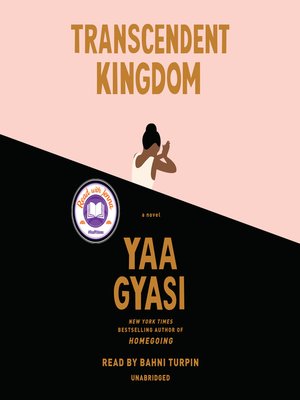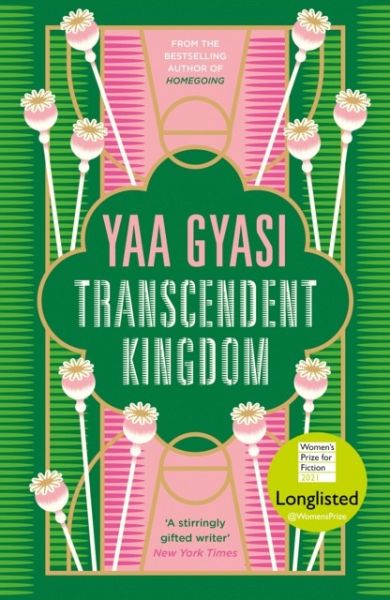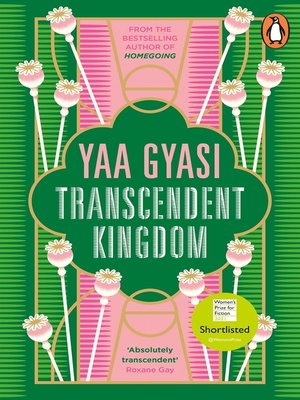

We see little of the older woman besides her turned back, huddled beneath the bedcovers, yet she dominates the novel – tough, sad and quick to dismiss even an “I love you” as “white people foolishness”. That’s the kind of heroine she is – determined, guarded and, more than she likes to admit, her mother’s daughter. If it seems pleasingly apt that Gifty’s research project uses optogenetics to rewire the brains of addiction-prone mice, she’s quick to insist that it was merely her quest for the hardest possible subject that has led her here. Their prickly mother-daughter dynamic is haunted by absence: first, of the patriarch who abandoned them to return to Ghana when Gifty was small, and then of Nana, her older brother, a high-school basketball star who died of a heroin overdose as a teenager. Now she’s again taken to her bed – or rather, her daughter’s bed, since her concerned evangelical pastor has managed to get her on a plane from her Huntsville, Alabama, home to Stanford, where Gifty is studying for a PhD in neuroscience. Seventeen years earlier, sunk by grief and depression, Gifty’s Ghanaian mother tried to kill herself.

When my mother goes, whether by choice or not, there will be only one,” observes Gifty, the narrator of Transcendent Kingdom. “There used to be four of us, then three, two. Rather than multiplying and fanning out across the world, however, this particular family is shrinking, its domain narrowing.

Family is central in her second novel, too, which tells a piercing story of faith, science and the opioid crisis.

I n her award-winning 2016 debut, Homegoing, Yaa Gyasi used a multi-generational family saga to trace slavery’s complex legacy in America and west Africa.


 0 kommentar(er)
0 kommentar(er)
